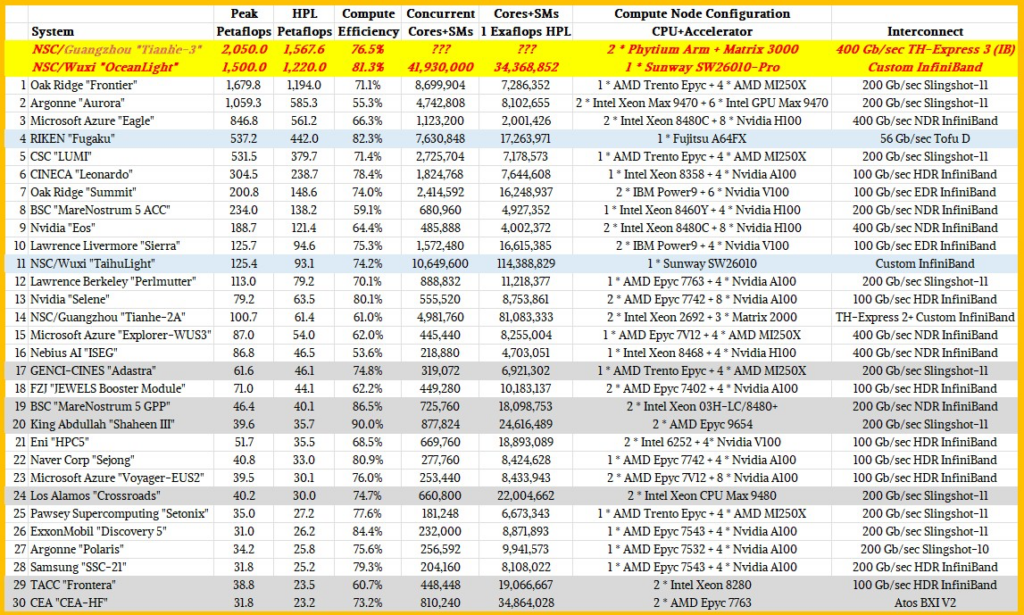Switzerland has unveiled its latest technological marvel, the ‘Alps’ supercomputer, positioning itself among the world’s most advanced computing powerhouses. Located at the Swiss National Supercomputing Centre (CSCS) in Lugano, the ‘Alps’ is already drawing global attention for its capabilities and potential impact across various fields.
What’s Happening & Why This Matters
The ‘Alps’ supercomputer is now one of the most powerful machines in the world, ranking sixth in the global supercomputer rankings published by Top 500 in June. However, the machine was not fully operational when the rankings were released, and experts believe it could have ranked even higher. According to Thomas Schulthess, the director of CSCS, the supercomputer’s ranking reflects only part of its potential.
‘The Alps’ focuses on tackling complex scientific research, particularly in medicine, space research, and climate science. The Swiss federal weather bureau has already employed it to provide up-to-date weather mapping. “If you check the weather forecasts on the MeteoSwiss app, they come from simulations run on ‘Alps,'” said Schulthess, emphasizing the supercomputer’s practical applications.
Federal Councillor and Economics Minister Guy Parmelin attended the inauguration, describing ‘Alps’ as a reflection of Switzerland’s commitment to a future driven by knowledge and innovation. He stressed that investment in advanced technology is essential for maintaining Switzerland’s competitive edge: “If you don’t move forward, you fall behind.”

Despite its impressive speed and capabilities, ‘Alps’ has a drawback: high power consumption. Running the machine costs between 15 to 20 million Swiss francs (€15-21 million) annually, according to Schulthess. Nevertheless, its computational speed is unmatched; a standard laptop would need 40,000 years to perform the calculations ‘Alps’ can complete in a single day.
TF Summary: What’s Next
The introduction of the ‘Alps’ supercomputer help maintain Switzerland’s position as a global leader in technological innovations. While the high operational costs pose a challenge, the benefits for scientific research and practical applications are already evident. As ‘Alps’ spins up operations, further advancements in scientific research and weather prediction are expected, solidifying Alps’ role in the supercomputing arena. Further developments may include efforts to improve the machine’s carbon footprint and energy efficiency while simultaneously expanding its complex problem solving capabilities.
— Text-to-Speech (TTS) provided by gspeech


